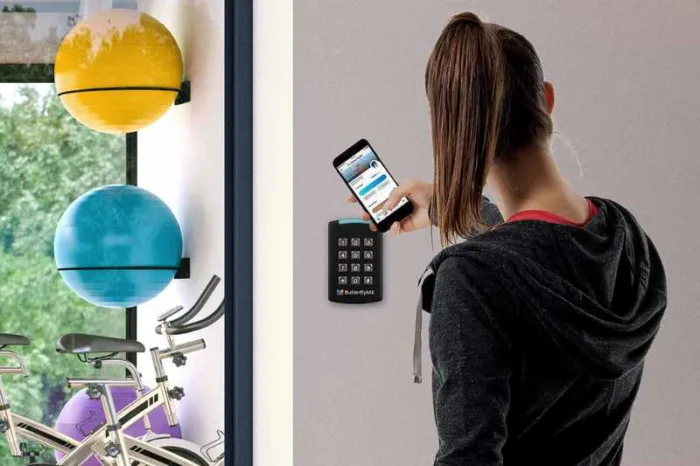Taking your child to the doctor for the first time can be a significant milestone—for both you and your little one. Whether your child is a toddler or an older child visiting a new pediatrician for the first time, preparing them for the experience can help reduce anxiety and create a positive association with healthcare.
If you live in Northeast Pennsylvania and are looking for expert pediatric care, NEPA pediatrics offers compassionate and comprehensive services tailored to children’s unique health needs.
Below are practical steps you can take to make your child’s first doctor visit smooth and stress-free.
Set the Right Expectations Early
One of the most effective ways to reduce your child’s anxiety about their first doctor visit is by setting realistic expectations early on. Talk to your child about what will happen during the visit using age-appropriate language. Avoid saying things like “It won’t hurt,” as this could backfire if your child ends up needing a shot or test. Instead, be honest yet reassuring.
For example, you might say: “The doctor is going to listen to your heart, look in your ears, and check how you’re growing.” Keeping things simple and factual helps children feel more in control.
Role-Play a Doctor Visit at Home
Children often respond well to play-based learning. Try role-playing a visit to the doctor at home. Use a toy stethoscope, flashlight, and other pretend tools to simulate what might happen during the appointment. Let your child play the role of the doctor too, so they can get familiar with the concept and reduce any fear of the unknown.
Make it fun and engaging, and be sure to praise your child for being a great “patient” or “doctor” during your pretend sessions.
Read Books or Watch Videos About Doctor Visits
There are many children’s books and educational videos that explain what to expect during a doctor’s visit. These resources often feature familiar characters and use comforting language that can help kids better understand the experience.
Choose a few books that are geared toward your child’s age group and read them together in the days leading up to the appointment. Some popular titles include Daniel Visits the Doctor or The Berenstain Bears Go to the Doctor.
Schedule the Appointment Wisely
Timing is crucial when it comes to your child’s mood and behavior. Try to schedule the appointment at a time when your child is usually well-rested and fed. Avoid times that might interfere with naps or meals, as hunger or tiredness can increase irritability and make the visit more challenging.
If your child is nervous, consider calling the office ahead of time to ask if your child can meet the staff briefly before the appointment or if there’s anything special you should know.
Pack Comfort Items and Snacks
Bring along a favorite toy, stuffed animal, or blanket to help comfort your child during the visit. Familiar items can provide a sense of security in a new environment. Also, pack some healthy snacks and water in case there is a wait or your child gets hungry afterward.
These small touches can make a big difference in keeping your child calm and happy.
Stay Calm and Positive
Children are incredibly perceptive and often pick up on their parents’ emotions. If you’re anxious about the visit, your child may mirror your nervousness. Try to stay calm, confident, and upbeat before and during the appointment.
Use positive language like “The doctor is going to help us stay healthy!” rather than focusing on what might go wrong.
Talk About the Experience Afterwards
Once the visit is over, take time to talk to your child about how it went. Praise them for their bravery and cooperation. If they had a negative experience, acknowledge their feelings and provide reassurance that future visits may be easier.
Offering a small reward, such as a sticker or extra playtime, can also reinforce the idea that going to the doctor is a positive experience.
Make Health Visits a Regular Routine
Normalize doctor visits as a regular part of life, rather than something to be feared. Reinforce the idea that the doctor is a friendly helper who keeps us strong and healthy. The more often children have positive experiences at the doctor’s office, the more confident they’ll feel in future visits.
Final Thoughts
Preparing your child for their first doctor visit doesn’t have to be stressful. With a bit of planning, empathy, and creativity, you can help them feel more comfortable and even excited about seeing the doctor. Remember, your approach and attitude set the tone for how your child perceives medical care.
If you’re in search of trusted professionals who understand how to put both children and parents at ease, NEPA pediatrics is an excellent local resource dedicated to child-centered care.









